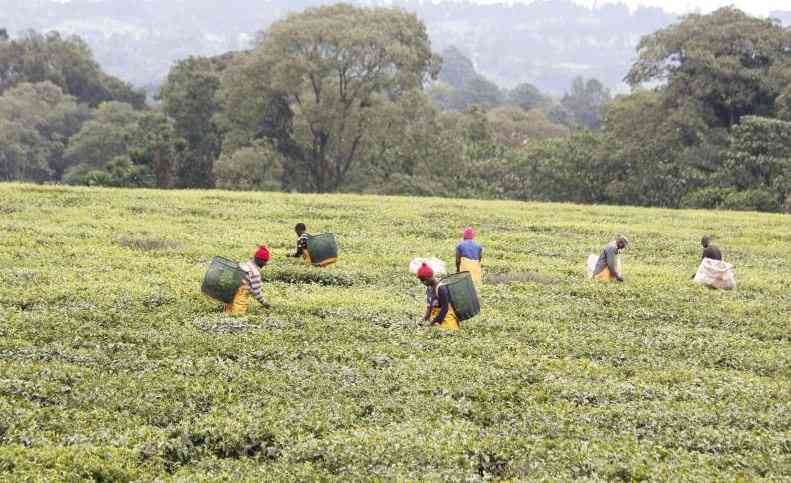
The recent ban on tea imports from Kenya had only a passing mention in the media. Some commentators downplayed its impact suggesting that Sudan is a captive market that will end up sourcing Kenya’s tea from alternative markets in the Middle East. This comforting attitude hails from the fact that Kenya remains a top exporter of tea and boasts the best quality in the world. It might well be that the total volume of tea sold will not suffer much, if at all.
For Mombasa, the ban threatens to strip off a lucrative layer of commercial activity. Unbeknown to most people, a nascent value-addition hub for tea has been growing in Mombasa. For the exports to Sudan, virtually all value addition is done in Mombasa.